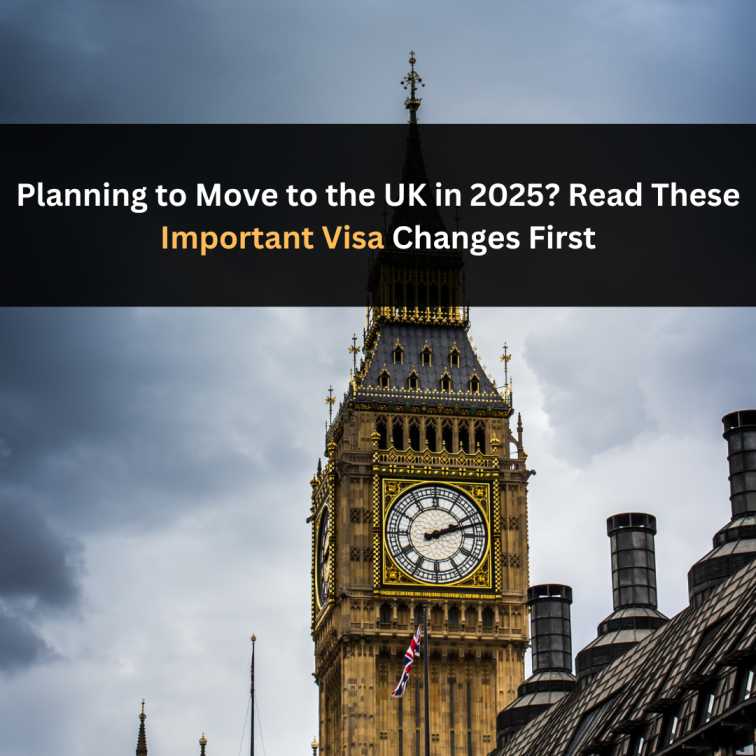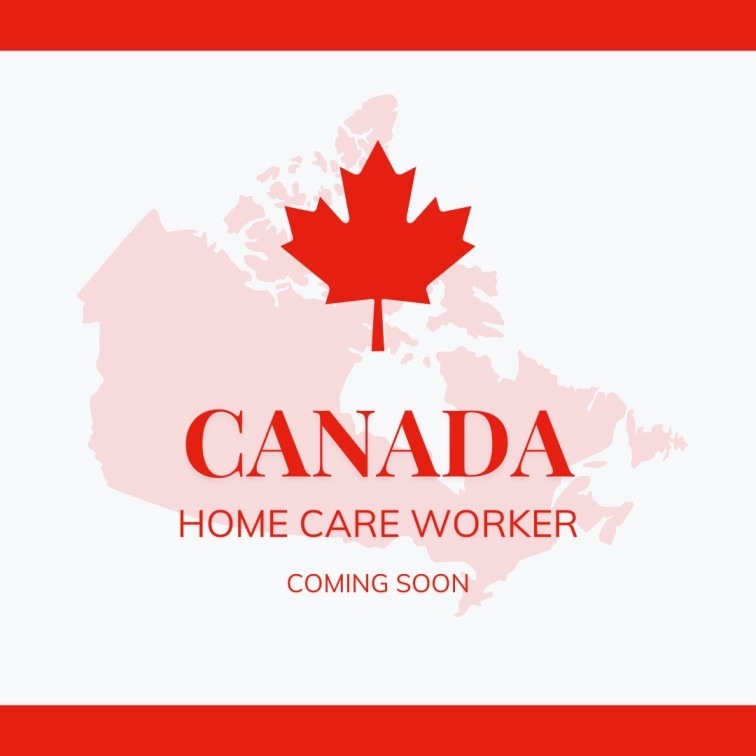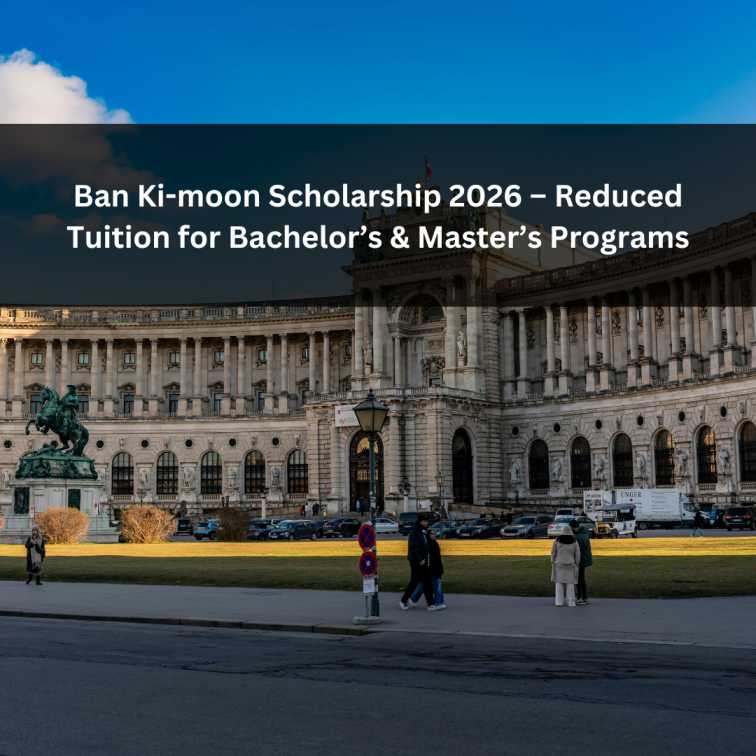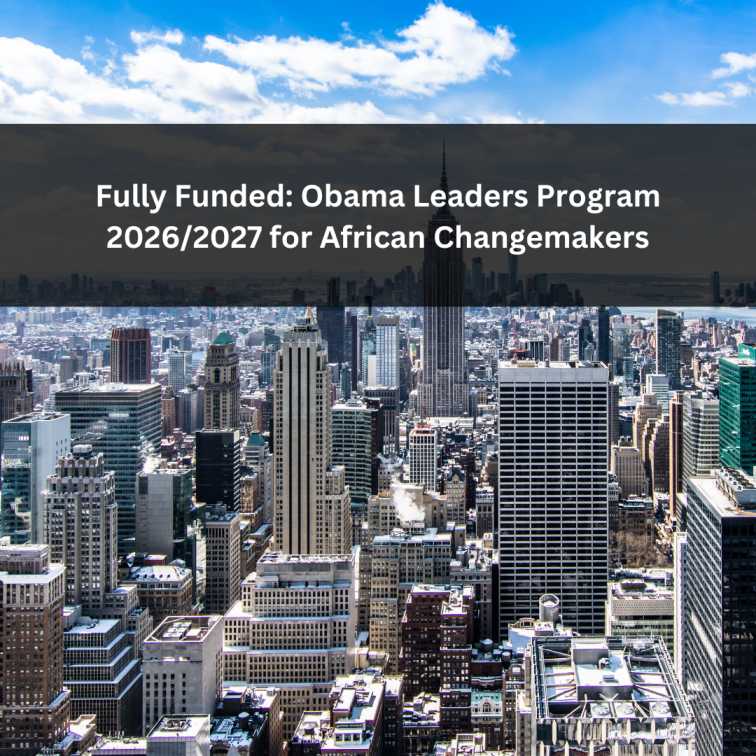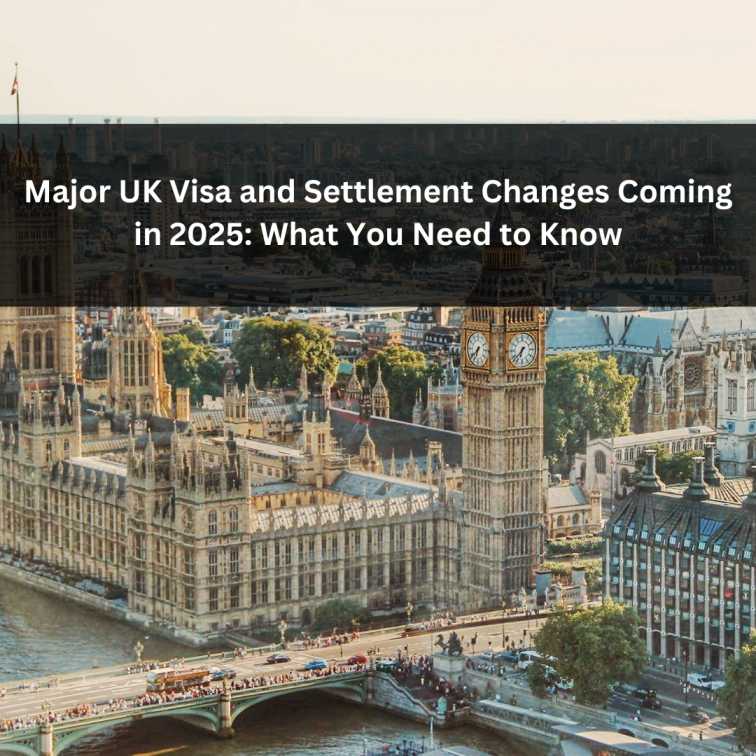
The UK government has proposed significant changes to its immigration and settlement rules, set to take effect throughout 2025 and beyond. The recently released white paper titled “Restoring Control Over the Immigration System” outlines a wide-ranging plan to reduce net migration and overhaul how skilled workers, students, and families move to and settle in the UK.
These changes will impact income thresholds, visa eligibility, post-study work periods, and the path to permanent residency (Indefinite Leave to Remain – ILR). If you’re planning to immigrate to the UK for work, study, or family reunion, here’s what you need to know.
Summary of Key Proposed Changes
Work Visas
- Higher Skill Requirements: Minimum skill level raised from RQF Level 3 (A-level) to RQF Level 6 (graduate degree).
- Increased Salary Thresholds: Higher minimum salaries required for most sponsored roles.
- Shortage Occupation List Reform: Replaced by a stricter Temporary Shortage List, making it harder for low-skilled jobs to qualify.
- English Language Requirements: Stricter language criteria for workers and adult dependents.
- Care Workers: New limitations on renewals and changes to care worker visas.
Student Visas
- Reduced Post-Study Work Time: Graduate visa duration reduced from 2 years to 18 months.
- University Accountability: Institutions may face new levies based on the number of international students they sponsor.
- Compliance Ratings: A new Red-Amber-Green (RAG) system will evaluate universities’ student visa compliance.
- Stricter Entry Requirements: Higher academic thresholds for admission and course completion.
Family Visas
- Higher Income Thresholds: Families will face stricter financial requirements for sponsorship.
- Stronger Language Requirements: Adult family members must demonstrate higher English proficiency.
- Tighter Eligibility Rules: Stricter definitions of who qualifies as a dependent or family member.
Settlement & Permanent Residency (ILR)
- Extended Residency Periods: Many will need to wait up to 10 years (instead of 5) to qualify for ILR.
- Earned Settlement Route: A new system may allow faster settlement for high-contributing migrants (details pending).
- English Language Tests: Tougher language tests required for settlement eligibility.
When Will These Changes Take Effect?
Some rules have already taken effect in 2024, such as:
- March 11, 2024: Dependents banned for newly arriving care workers.
- April 4, 2024: Minimum salary thresholds increased; the Shortage Occupation List was replaced by the Immigration Salary List.
Other reforms outlined in the May 2025 white paper are still proposals. Many require parliamentary consultation and further clarification before full implementation. As the consultation process concludes, specific timelines for changes—such as new university levies, updated English language tests, and the new settlement route—will be confirmed.
Frequently Asked Questions
Will everyone now wait 10 years to get ILR?
Not necessarily. While the standard route may now take 10 years, the UK plans to introduce an “earned settlement” system, potentially offering a faster route for certain skilled or contributing migrants.
Who will be affected?
The changes impact:
- Skilled workers and employers
- International students and universities
- Family visa applicants
- Migrants approaching settlement
Even current visa holders may be affected depending on when they applied and whether transitional provisions apply.
Will current visa holders be protected?
Some transitional protections apply. For example, skilled workers who obtained their visa before April 4, 2024 may still qualify for extensions or ILR under previous salary thresholds until April 2030.
Will these changes become law?
Yes—mostly through Statements of Changes to Immigration Rules, which typically pass without a parliamentary vote unless formally challenged. However, proposals requiring primary legislation (e.g., new levies or citizenship laws) will go through more rigorous debate.
Is the UK Still a Good Immigration Destination?
Despite the stricter rules, the UK remains attractive for:
- Highly skilled professionals in healthcare, engineering, IT, and finance.
- International students seeking world-class education.
- Multicultural communities, robust public services, and post-study work opportunities.
However, prospective migrants should now be prepared for:
- Higher financial and English language requirements
- A longer path to permanent residency
- More competitive visa conditions
Stay Updated
With more reforms expected over the next few years (until at least 2029), it’s essential to stay informed and act early. Whether you’re a student, professional, or family member planning to move to the UK, adapting your plans in line with these new changes is key.
Check other opportunities:
- RIFS Fellows Program 2026 in Germany | Fully Funded International Fellowship
- Pou Chen Internship 2025 for Global Students | Free Housing, Salary, and Career Path
- Europe’s New Entry/Exit System (EES) Rolls Out in 2025: What Travellers Need to Know
- Finland Work Visa 2025: Everything You Need to Know About Moving and Working in Finland
- British Council 90th Anniversary Fellowship: A Year of Research in the UK (Fully Funded)
- Apply for Lee Kong Chian Fellowship 2025 | $3,500/Month + Free Accommodation in Singapore
- 10 Best Sweden Scholarships 2025-2026 | Fully Funded Study Opportunities
- Fully Funded Summer Programs in Japan 2025 – Open to All International Applicants
- Join the UN in Switzerland: UNITAR Traineeship 2025 with 900 CHF Monthly Stipend
- Flinders University AGRTP Scholarship 2026 in Australia – Fully Funded

